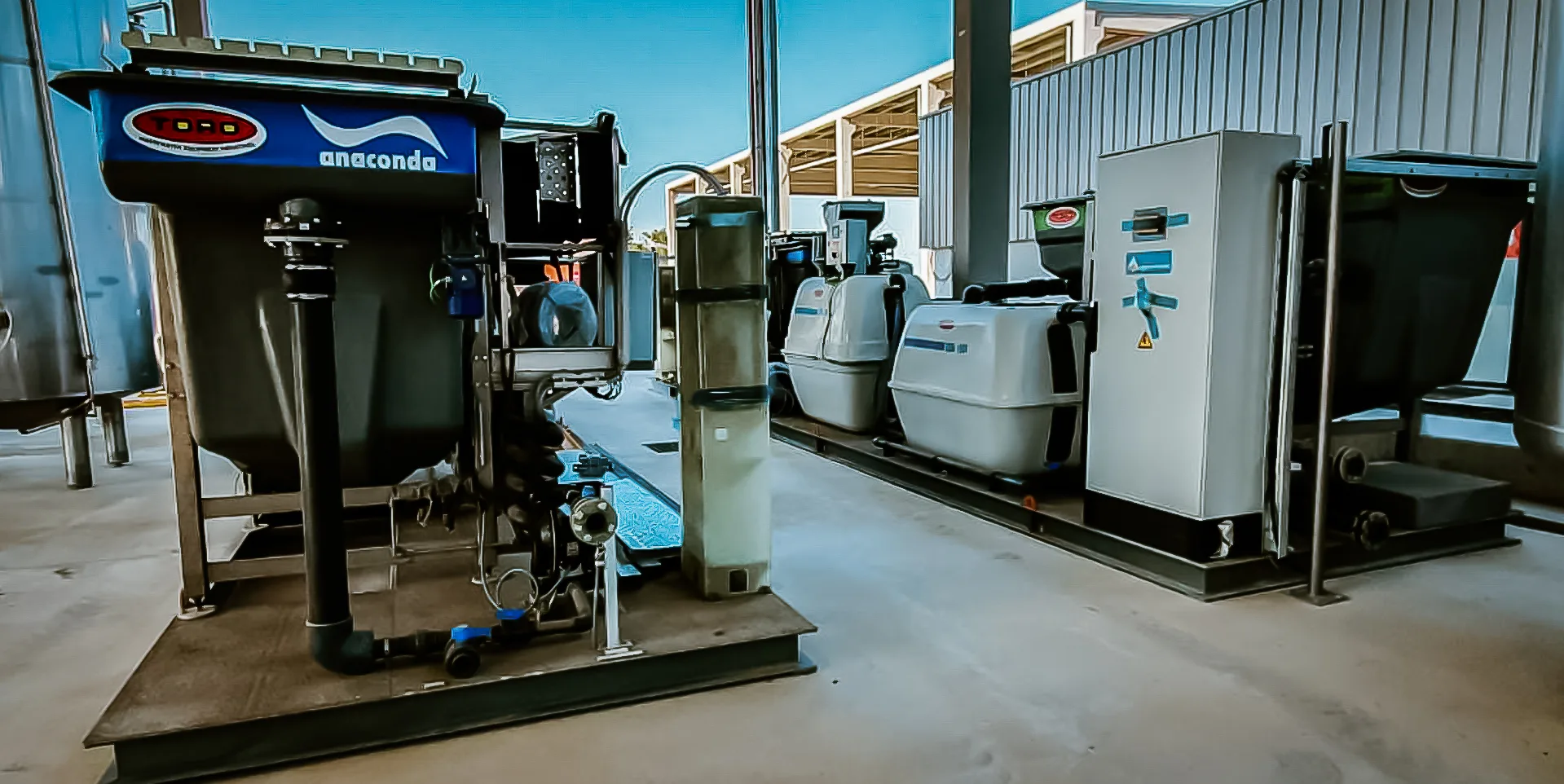

Boiler chemical treatment. Boiler chemical treatment is an essential process in maintaining the efficiency and longevity of boiler systems. By utilizing the right chemicals and treatment methods, boiler operators can prevent corrosion, scale buildup, and other issues that can lead to costly repairs and downtime. In this comprehensive guide, we will explore the importance of boiler chemical treatment, the types of chemicals used, and the best practices for implementing a successful treatment program. Boiler systems are a critical component of many industrial and commercial operations, providing the steam necessary for heating, power generation, and other processes. However, these systems are susceptible to a variety of issues that can impact their performance and lifespan. One of the most common problems faced by boiler operators is corrosion, which can occur due to the presence of oxygen, dissolved gases, and other impurities in the water. Corrosion can weaken boiler components, leading to leaks, failures, and reduced efficiency. To combat corrosion, boiler chemical treatment involves the use of corrosion inhibitors that form a protective layer on the internal surfaces of the boiler. These inhibitors help prevent the chemical reactions that lead to corrosion, extending the life of the boiler and reducing the need for costly repairs. Another major issue that boiler chemical treatment addresses is scale buildup. Scale is formed when minerals in the water, such as calcium and magnesium, precipitate out and form a hard, insulating layer on the heat transfer surfaces of the boiler. This layer reduces the efficiency of the boiler, as it inhibits the transfer of heat from the combustion gases to the water. In severe cases, scale buildup can lead to overheating, boiler damage, and even catastrophic failures. To prevent scale formation, boiler operators use scale inhibitors and dispersants as part of their chemical treatment program. These chemicals help keep minerals in suspension, preventing them from forming scale deposits on the boiler surfaces. In addition to corrosion and scale, boiler chemical treatment also addresses issues such as foaming, priming, and microbiological growth. Foaming and priming occur when the water in the boiler carries over into the steam, causing excessive moisture and impurities to enter the steam distribution system. This can lead to reduced efficiency, equipment damage, and safety hazards. Anti-foaming agents and steam line treatments are used to control foaming and priming, ensuring that the steam produced by the boiler is of high quality. Microbiological growth, such as the formation of algae, bacteria, and fungi, can also be a problem in boiler systems, especially in warm, humid environments. These microorganisms can cause fouling, corrosion, and other issues that impact the performance of the boiler. Biocides and microbiological control agents are used to prevent the growth of harmful organisms in the boiler water, maintaining a clean and efficient system. In conclusion, boiler chemical treatment is a vital aspect of boiler maintenance that helps ensure the reliable and efficient operation of boiler systems. By using the right chemicals and treatment methods, boiler operators can protect their equipment from corrosion, scale buildup, and other issues that can lead to costly repairs and downtime. Implementing a comprehensive chemical treatment program can extend the life of the boiler, improve its performance, and reduce the risk of unexpected failures. For more information on boiler chemical treatment and how it can benefit your operation, contact a qualified water treatment specialist today.